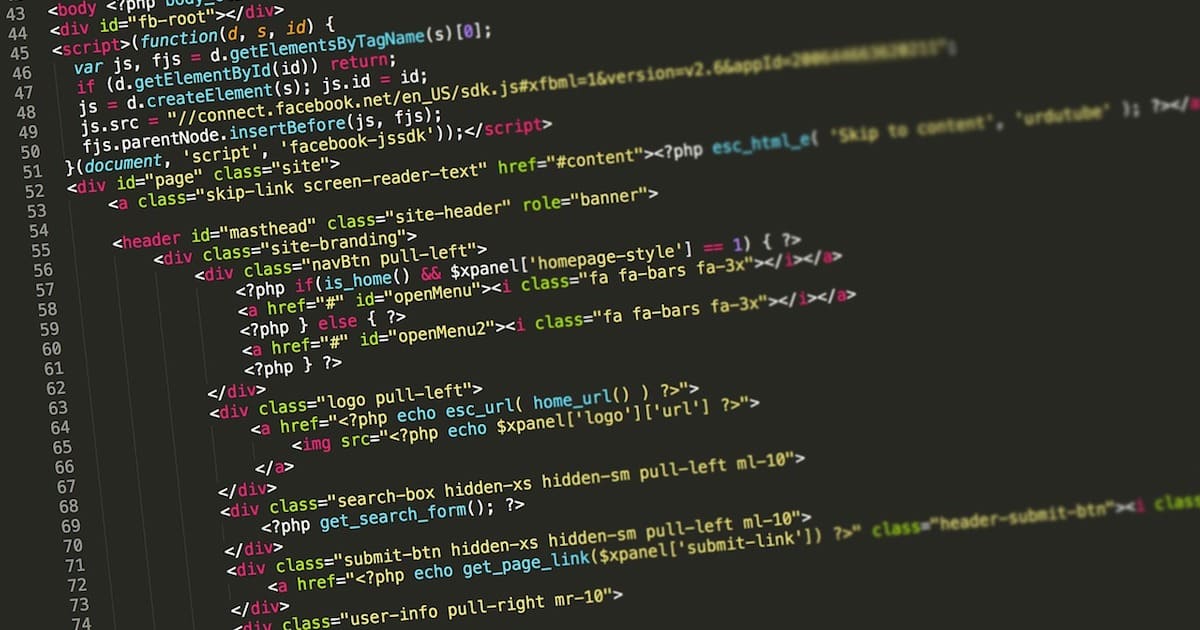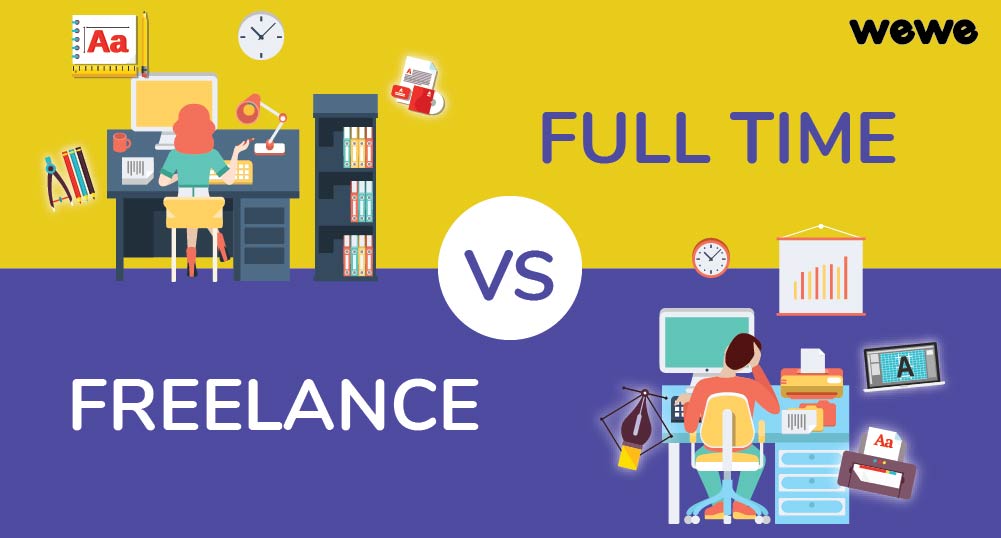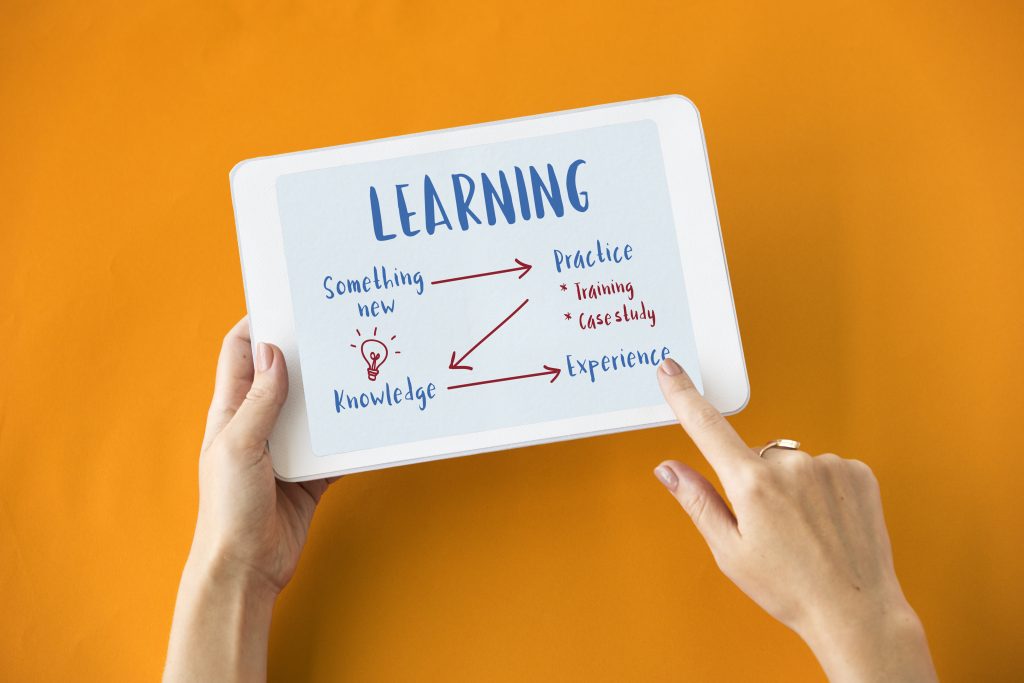Why Learning to Code Can Be a Lucrative Career Move
The demand for skilled coders is on the rise, with the tech industry experiencing rapid growth and innovation. As a result, learning to code and get paid has become a highly sought-after skill, with numerous job opportunities and high earning potential. According to recent statistics, the global tech industry is projected to reach $5 trillion by 2025, with coding skills being a key driver of this growth.
One of the primary reasons why learning to code is a lucrative career move is the versatility of coding skills. Coders can work in a variety of industries, including web development, mobile app development, data analysis, and artificial intelligence. This versatility allows coders to adapt to changing industry trends and stay relevant in the job market.
In addition to versatility, coding skills also offer high earning potential. According to Glassdoor, the average salary for a software engineer in the United States is over $105,000 per year. Furthermore, experienced coders can earn upwards of $200,000 per year, making coding a highly lucrative career choice.
Moreover, the rise of remote work and freelancing has made it easier for coders to work on a flexible schedule and choose from a variety of projects. This flexibility allows coders to work on projects that align with their interests and skills, leading to increased job satisfaction and higher earning potential.
Overall, learning to code and get paid is a highly rewarding career move, offering versatility, high earning potential, and flexibility. As the tech industry continues to grow and evolve, the demand for skilled coders is likely to increase, making coding a highly sought-after skill in the job market.
How to Get Started with Coding: Choosing the Right Programming Language
When it comes to learning to code and get paid, selecting the right programming language is a crucial step. With so many languages to choose from, it can be overwhelming for beginners to decide which one to start with. However, by understanding the different types of languages and their applications, individuals can make an informed decision that aligns with their career goals and interests.
For web development, languages like HTML/CSS, JavaScript, and PHP are popular choices. HTML/CSS is used for building the structure and layout of websites, while JavaScript is used for adding interactive elements. PHP is a server-side language used for building dynamic websites and web applications.
For mobile app development, languages like Java, Swift, and Kotlin are in high demand. Java is used for building Android apps, while Swift and Kotlin are used for building iOS apps.
For data analysis and machine learning, languages like Python, R, and SQL are popular choices. Python is a versatile language used for building data models, while R is used for statistical analysis. SQL is used for managing and analyzing databases.
When choosing a programming language, it’s essential to consider the job market demand, the type of projects you want to work on, and the level of difficulty. For example, if you’re interested in web development, learning HTML/CSS and JavaScript would be a good starting point. If you’re interested in mobile app development, learning Java or Swift would be a good choice.
Additionally, online resources like Codecademy, FreeCodeCamp, and Coursera offer interactive coding lessons and courses that can help individuals learn to code and get paid. These resources provide a comprehensive learning experience, with hands-on projects and exercises that help build practical skills.
Ultimately, the key to success in coding is to choose a language that aligns with your career goals and interests, and to stay committed to learning and practicing. By doing so, individuals can develop the skills and expertise needed to succeed in the tech industry and earn a good income.
Building a Strong Foundation: Essential Skills for Coding Success
To become a proficient coder and learn to code and get paid, it’s essential to develop a strong foundation in key skills. These skills include problem-solving, logical thinking, and attention to detail. By mastering these skills, coders can write efficient, effective, and well-documented code that meets the needs of clients and employers.
Problem-solving is a critical skill for coders, as it enables them to identify and fix errors, optimize code, and improve overall performance. To develop problem-solving skills, coders can participate in coding challenges, such as those found on platforms like HackerRank, CodeWars, and CodinGame. These challenges provide a fun and interactive way to practice problem-solving and improve coding skills.
Logical thinking is another essential skill for coders, as it enables them to break down complex problems into manageable parts, identify patterns, and develop efficient solutions. To develop logical thinking skills, coders can practice coding exercises, such as those found on platforms like LeetCode, CodeForces, and Project Euler.
Attention to detail is also crucial for coders, as it enables them to write clean, readable, and well-documented code. To develop attention to detail, coders can practice coding exercises, such as those found on platforms like CodePen, JSFiddle, and Repl.it. These platforms provide a sandbox environment where coders can practice writing code and receive feedback on their work.
In addition to these skills, coders should also develop a strong understanding of data structures, algorithms, and software design patterns. These concepts provide a foundation for writing efficient, effective, and scalable code that meets the needs of clients and employers.
Online resources, such as Codecademy, FreeCodeCamp, and Coursera, provide comprehensive learning experiences that cover these essential skills. These resources offer interactive coding lessons, exercises, and projects that help coders develop the skills and expertise needed to succeed in the tech industry.
By developing a strong foundation in these essential skills, coders can build a successful career in the tech industry and learn to code and get paid. With persistence, dedication, and practice, coders can develop the skills and expertise needed to succeed in this exciting and rewarding field.
Real-World Applications: How Coding Can Be Used to Solve Everyday Problems
Coding is not just about writing lines of code; it’s about solving real-world problems and making a meaningful impact. From web development to mobile app development, data analysis, and artificial intelligence, coding is used in various industries to solve everyday problems.
In web development, coding is used to build websites, web applications, and mobile applications that provide solutions to real-world problems. For example, a website that helps people find jobs, a web application that enables online shopping, or a mobile application that provides real-time traffic updates.
In mobile app development, coding is used to build apps that solve everyday problems, such as apps that help people track their fitness goals, manage their finances, or find the nearest restaurant. Mobile apps have become an essential part of our daily lives, and coding is the backbone of these apps.
In data analysis, coding is used to analyze and interpret complex data sets, providing insights that help businesses make informed decisions. For example, a company may use coding to analyze customer data and identify trends, or to develop predictive models that forecast sales.
In artificial intelligence, coding is used to build intelligent systems that can learn, reason, and interact with humans. For example, virtual assistants like Siri, Alexa, and Google Assistant use coding to understand voice commands and provide relevant responses.
These are just a few examples of how coding is used to solve everyday problems. By learning to code and get paid, individuals can develop the skills and expertise needed to make a meaningful impact in various industries.
Coding is not just about solving problems; it’s also about creating opportunities. With the rise of the gig economy, coding has become a valuable skill that can be used to earn a living. Freelancing platforms, remote work opportunities, and full-time employment are just a few ways that coders can monetize their skills.
In conclusion, coding is a powerful tool that can be used to solve everyday problems and make a meaningful impact. By learning to code and get paid, individuals can develop the skills and expertise needed to succeed in various industries and create a better future for themselves.
Monetizing Your Coding Skills: Freelancing, Remote Work, and Full-Time Employment
As a coder, there are various ways to monetize your skills and earn a good income. Freelancing, remote work, and full-time employment are just a few options available to coders. By learning to code and get paid, individuals can develop the skills and expertise needed to succeed in these areas.
Freelancing is a popular option for coders, as it allows them to work on a variety of projects and clients. Freelancing platforms like Upwork, Fiverr, and Freelancer provide a marketplace for coders to showcase their skills and bid on projects. By creating a professional online presence and building a personal brand, coders can attract clients and secure high-paying projects.
Remote work is another option for coders, as it allows them to work from anywhere and have a better work-life balance. Remote work opportunities are available in various industries, including tech, finance, and healthcare. By learning to code and get paid, individuals can develop the skills and expertise needed to secure remote work opportunities.
Full-time employment is also an option for coders, as it provides a stable income and benefits. Full-time employment opportunities are available in various industries, including tech, finance, and healthcare. By learning to code and get paid, individuals can develop the skills and expertise needed to secure full-time employment opportunities.
To monetize your coding skills, it’s essential to create a professional online presence and build a personal brand. This can be done by creating a website or blog, showcasing your projects and skills, and engaging with potential clients and employers on social media. By doing so, coders can attract clients and secure high-paying projects, or secure full-time employment opportunities.
Additionally, coders can also monetize their skills by creating and selling online courses, ebooks, and software products. By sharing their knowledge and expertise, coders can earn passive income and build a reputation as an expert in their field.
In conclusion, there are various ways to monetize your coding skills and earn a good income. By learning to code and get paid, individuals can develop the skills and expertise needed to succeed in freelancing, remote work, and full-time employment. By creating a professional online presence and building a personal brand, coders can attract clients and secure high-paying projects, or secure full-time employment opportunities.
Staying Up-to-Date: The Importance of Continuous Learning in the Coding Industry
The coding industry is rapidly evolving, with new technologies and programming languages emerging every year. To stay ahead of the curve and learn to code and get paid, it’s essential to commit to continuous learning. This involves staying current with industry trends, learning new skills, and adapting to new technologies.
One way to stay up-to-date is to take online courses and tutorials. Platforms like Udemy, Coursera, and edX offer a wide range of courses on various programming languages and technologies. These courses are often taught by industry experts and provide hands-on experience with real-world projects.
Another way to stay current is to attend conferences and meetups. These events provide a great opportunity to network with other coders, learn about new technologies, and hear from industry experts. Conferences like Google I/O, Apple WWDC, and Microsoft Build are popular events that showcase the latest developments in the coding industry.
Coding communities are also an excellent way to stay up-to-date. Online communities like GitHub, Stack Overflow, and Reddit’s r/learnprogramming provide a platform for coders to share knowledge, ask questions, and learn from each other. These communities are often moderated by experienced coders who can provide valuable insights and advice.
In addition to these resources, coders can also stay current by reading industry blogs and publications. Blogs like Coding Horror, Smashing Magazine, and A List Apart provide insightful articles on various aspects of coding, including programming languages, web development, and software engineering.
By committing to continuous learning, coders can stay ahead of the curve and adapt to new technologies and programming languages. This not only helps them to learn to code and get paid but also enables them to stay competitive in the job market and advance their careers.
Furthermore, continuous learning can also help coders to develop a growth mindset, which is essential for success in the coding industry. By embracing challenges and viewing failures as opportunities for growth, coders can develop the skills and expertise needed to succeed in this rapidly evolving field.
Overcoming Common Challenges: Tips for Staying Motivated and Focused
Learning to code and get paid can be a challenging and rewarding experience, but it’s not without its obstacles. Many new coders face common challenges such as imposter syndrome, self-doubt, and burnout. These challenges can be overwhelming and may lead to feelings of frustration and discouragement.
Imposter syndrome is a common phenomenon where individuals feel like they are not good enough or that they are pretending to be something they’re not. This can be especially true for new coders who may feel like they don’t have the necessary skills or experience. To overcome imposter syndrome, it’s essential to focus on your strengths and accomplishments, and to remind yourself that everyone starts somewhere.
Self-doubt is another common challenge that new coders face. This can manifest as negative self-talk, fear of failure, or a lack of confidence. To overcome self-doubt, it’s essential to practice positive self-talk, focus on your goals, and remind yourself that mistakes are an essential part of the learning process.
Burnout is a common challenge that many coders face, especially those who are new to the field. This can manifest as physical, emotional, or mental exhaustion. To overcome burnout, it’s essential to take breaks, practice self-care, and prioritize your well-being.
To stay motivated and focused, it’s essential to set realistic goals and find a supportive community. Setting realistic goals can help you stay motivated and focused, while a supportive community can provide encouragement, support, and accountability.
Additionally, finding a mentor or role model can be incredibly helpful in overcoming common challenges. A mentor or role model can provide guidance, support, and encouragement, and can help you stay motivated and focused on your goals.
Finally, it’s essential to celebrate your successes and accomplishments, no matter how small they may seem. Celebrating your successes can help you stay motivated and focused, and can provide a sense of accomplishment and pride.
By overcoming common challenges and staying motivated and focused, new coders can achieve their goals and learn to code and get paid. Remember, learning to code is a journey, and it’s essential to be patient, persistent, and kind to yourself along the way.
Success Stories: Real-Life Examples of Coders Who Have Achieved Financial Success
Learning to code and get paid can be a lucrative career move, and there are many success stories of coders who have achieved financial success through their coding skills. In this section, we will share inspiring stories of coders who have achieved financial success and highlight the various paths they took to get there.
One such example is John, a self-taught coder who learned to code through online resources and coding challenges. John started his career as a freelance coder and eventually landed a full-time job at a top tech company. Through his coding skills, John was able to earn a six-figure salary and achieve financial stability.
Another example is Sarah, a coding bootcamp graduate who learned to code in just a few months. Sarah started her career as a junior coder and quickly worked her way up to become a lead developer at a successful startup. Through her coding skills, Sarah was able to earn a high salary and achieve financial freedom.
These success stories demonstrate that learning to code and get paid can be a lucrative career move, and that with dedication and hard work, anyone can achieve financial success through their coding skills. Whether you’re a beginner or an experienced coder, there are many resources available to help you learn to code and get paid.
In addition to these success stories, there are many other examples of coders who have achieved financial success through their coding skills. From freelance coders to full-time employees, there are many paths to financial success in the coding industry.
By learning to code and get paid, individuals can achieve financial stability and freedom, and pursue a career that is both challenging and rewarding. Whether you’re looking to start a new career or simply want to learn a new skill, learning to code and get paid is a great way to achieve your goals.
In conclusion, learning to code and get paid can be a lucrative career move, and there are many success stories of coders who have achieved financial success through their coding skills. By following in the footsteps of these successful coders, individuals can achieve financial stability and freedom, and pursue a career that is both challenging and rewarding.



:max_bytes(150000):strip_icc()/coding-microsoft-story-fe64bdf0bf534c3ea8daf295663d4403.jpg)


